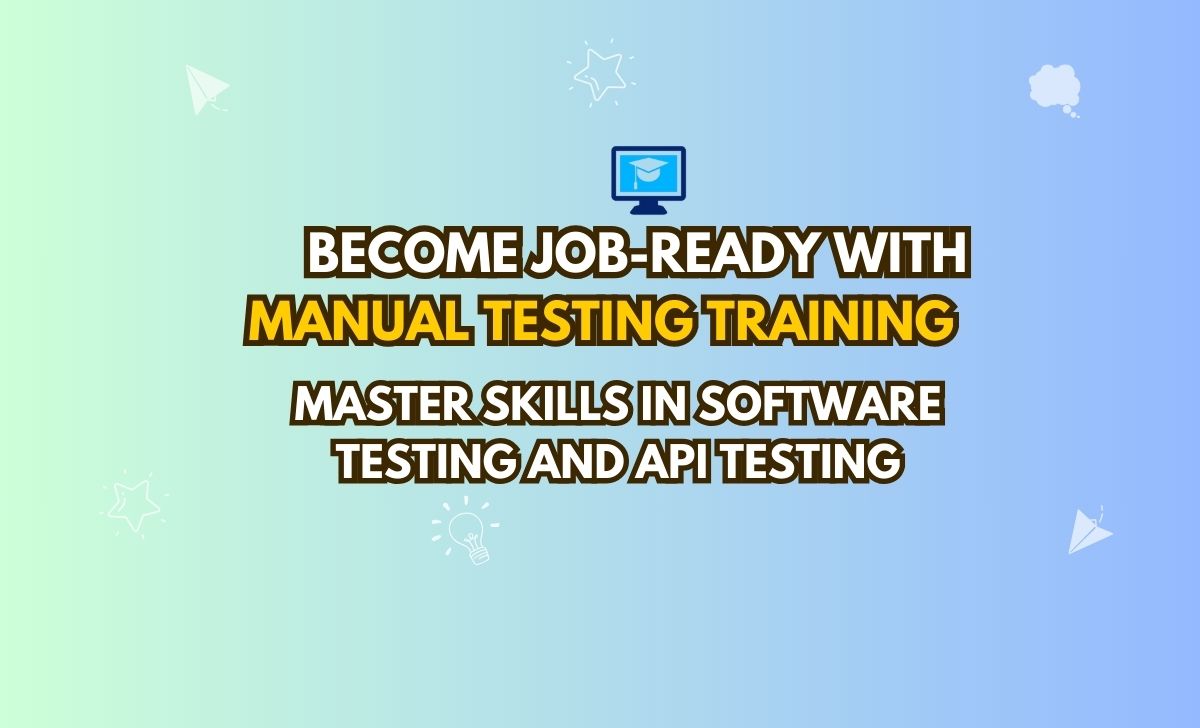Data Engineers are the backbone of modern data-driven organizations, enabling the storage, transformation, and accessibility of data for analysis and decision-making. The career paths in data engineering are vast, with opportunities to specialize in areas like big data, cloud platforms, or advanced machine learning pipelines. This article explores key roles, the skills required, and potential growth trajectories in the data engineering domain.
1. Entry-Level: Junior Data Engineer
- Role Overview:
Junior Data Engineers focus on building and maintaining data pipelines under the guidance of senior engineers, under the guidance of senior engineers. They are responsible for tasks such as data cleaning, writing basic ETL scripts, and managing small datasets. - Skills Needed:
- Basic SQL and Python.
- Knowledge of data pipeline tools like Apache Airflow or Talend.
- Familiarity with cloud storage (AWS S3, Azure Blob Storage).
- Career Growth:
Junior Data Engineer → Data Engineer.
2. Core Role: Data Engineer
- Role Overview:
Data engineers ensure data availability and quality by designing, building, and maintaining scalable data pipelines. They work closely with analysts and scientists in order to provide reliable datasets. - Skills Needed:
- Proficiency in Python, SQL, and Apache Spark.
- Familiarity with cloud platforms like AWS, Azure, or GCP.
- Understanding of data lakes and data warehouses (Snowflake, Redshift).
- Certifications to Consider:
- Google Professional Data Engineer.
- AWS Certified Data Analytics – Specialty.
- Career Growth:
Data Engineer → Senior Data Engineer.
3. Specialized Role: Big Data Engineer
- Role Overview:
Big Data Engineers work with huge datasets and optimize data workflows with distributed systems like Hadoop or Apache Spark. - Skills Needed:
- Expertise in Hadoop, Spark, and Kafka.
- Strong programming skills in Scala or Java.
- Experience with NoSQL databases (MongoDB, Cassandra).
- Certifications to Consider:
- Cloudera Certified Data Engineer.
- Databricks Certified Data Engineer Associate.
- Career Growth:
Big Data Engineer → Big Data Architect.
4. Advanced Role: Data Architect
- Role Overview:
Data architects design frameworks for managing enterprise data that are high-level. They define database architecture, data governance, and scalability. - Skills Needed:
- Advanced database design and optimization.
- Proficiency in ETL processes and data modeling.
- Leadership and stakeholder communication skills.
- Certifications to Consider:
- AWS Certified Solutions Architect.
- SnowPro Advanced: Data Architect.
- Career Growth:
Data Architect → Chief Data Architect.
5. Cloud Data Engineer
- Role Overview:
These engineers specialize in the development of data pipelines and analytics systems using cloud-based tools. - Skills Needed:
- In-depth knowledge of cloud services like Google BigQuery, AWS Redshift, and Azure Synapse Analytics.
- Expertise in serverless computing (AWS Lambda, Azure Functions).
- Certifications to Consider:
- Microsoft Certified: Azure Data Engineer Associate.
- Google Professional Cloud Architect.
- Career Growth:
Cloud Data Engineer → Cloud Data Architect.
6. Leadership Role: Chief Data Engineer
- Role Overview:
Chief data engineers are responsible for overseeing the entire data strategy, managing teams, and aligning the data architecture with organizational goals. - Skills Needed:
- Deep technical expertise in data engineering tools.
- Strategic thinking and project management skills.
- Ability to mentor teams and drive organizational change.
- Certifications to Consider:
- PMP (Project Management Professional).
- Leadership-focused certifications like ITIL.
- Career Growth:
Chief Data Engineer → Chief Data Officer (CDO).
General Career Roadmap
- Foundation: Learn Python, SQL, and basic data processing concepts.
- Core Skills: Gain expertise in data engineering tools like Apache Spark and ETL frameworks.
- Specialization: Choose a focus area such as big data, cloud platforms, or data architecture.
- Certifications: Validate your skills with certifications tailored to your chosen domain.
- Continuous Learning: Stay updated with emerging technologies like AI, IoT, and blockchain.
Conclusion
Data engineering careers offer a variety of career paths, from foundational roles to specialized and leadership positions. By acquiring the right skills and certifications, you will be able to unlock growth opportunities in this rapidly evolving field. Start your journey today and begin your career in data engineering.







